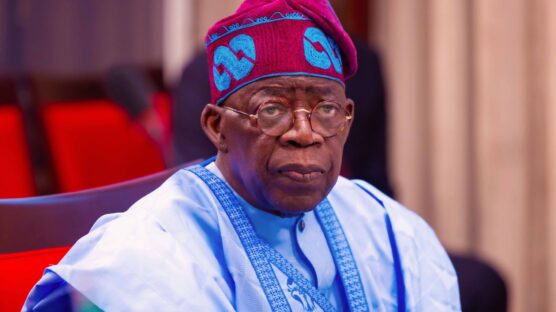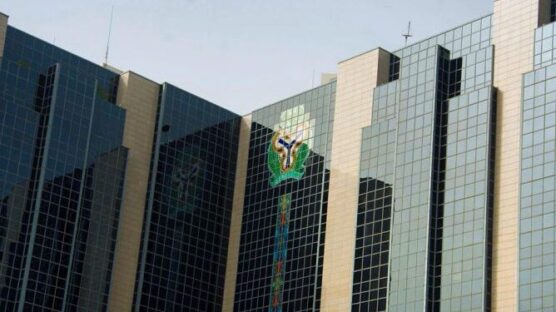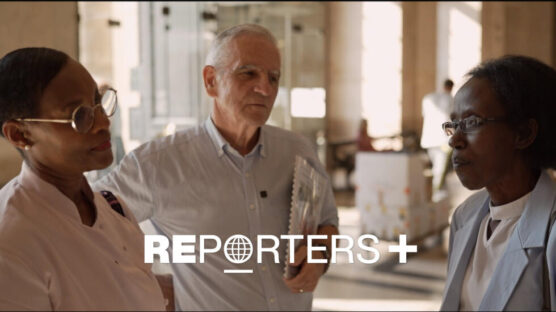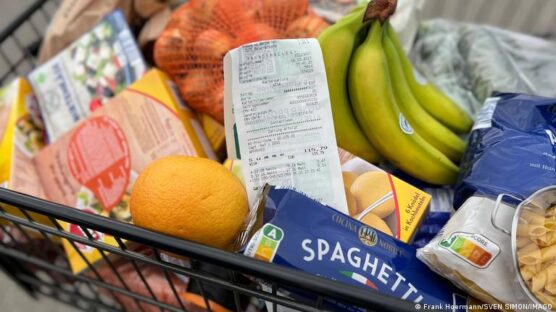Lebanon scoops new deposits in $1.4 billion boost to reserves
By Bloomberg
02 September 2019 |
6:00 am
One week after Lebanon’s credit rating was cut deeper into junk territory by Fitch, the country’s central bank governor told Bloomberg they have secured new deposits from private investors overseas, boosting dollar reserves by up to $1.4 billion. Riad Salameh’s comments are likely to go some way toward reassuring investors increasingly worried that dwindling inflows of cash from abroad could undermine Lebanon’s ability to repay its debts and defend its currency. He spoke to Bloomberg’s Lin Noueihed in an exclusive interview in Beirut, Lebanon.
In this article
Related
4 days ago
Related
11 Apr
Some countries in Europe have begun to ban short-haul flights to cut emissions. Will other countries follow? And — can these bans make a real difference?
4 days ago
Here's what's been making the business headlines in sub-Saharan Africa this week.
13 Apr
Nigeria’s Minister of Finance, Wale Edun says 4.83 trillion naira from T-Bills and Bonds issued in the first quarter of this year was used to pay part of the Ways and Means advances from the Central Bank of Nigeria. Sam Chidoka, CEO of Kairos Capital joins CNBC Africa for more on this discussion and Nigeria's debt management strategy.
3 days ago
A year after Lula came to power, his gamble has paid off: deforestation has been halved in the Amazon. But this success comes at the cost of sacrificing another ecosystem that's just as vital to Brazil: the Cerrado.
3 days ago
Some top Nigerian banks are eyeing the international and local capital markets to raise fresh capital in a bid to meet the recapitalisation exercise by the Central Bank of Nigeria. Egie Akpata, Chairman of Skymark Partners joins CNBC Africa to examine options available to banks.
1 day ago
According to the International Monetary Fund (IMF), a 10% rise in the dollar on the currency market would push down real gross domestic product (GDP) in emerging economies by 1.9% after one year, with adverse economic effects lasting more than two years
Latest
35 mins ago
The country's ruling junta is stepping up cooperation with Moscow, after expelling French troops last year. Also in the programme, at least three people have been killed in a shootout between militiamen and police in the Ethiopian capital. Among the dead are fighters from a rebel militia known as Fano. Plus, the art of remembering: painters in Rwanda are keeping the memory of genocide victims alive by drawing their inspiration from photographs.
36 mins ago
This summer, a 17-year-old boy was shot to death by police during a traffic stop in the Parisian suburb of Nanterre. Nationwide protests against racist police violence in France followed. A United Nations committee then called on the French government to take action against racial profiling by law enforcement.
3 hours ago
Thirty years ago, more than 800,000 people were killed during the genocide of the Tutsis in Rwanda. Among them were several dozen members of Dafroza Gauthier's family. A few months later, the young woman and her French husband decided to track down those suspected of taking part in the mass slaughter who had taken refuge in France. Journalists Thomas Zribi and Stéphane Jobert followed the Franco-Rwandan couple in their quest for justice. They bring us this special 52-minute documentary.
3 hours ago
Inflation in Germany has fallen to its lowest level since before Russia invaded Ukraine. Food prices fell for the first time in more than 9 years, figures show, with energy prices dropping even further.
7 hours ago
Kenya's military chief Gen. Francis Ogolla, was among 10 people killed in a helicopter crash in the Cheptulel area of Kenya's Rift Valley region, on Thursday, Kenyan President William Ruto confirmed.
8 hours ago
Viral publications on social media are claiming that Princess Salma of Jordan shot down six Iranian drones late on Saturday. Jordan is the latest target of misinformation following its role in defending Israel against Iran's drone and missile attack. We explain in this edition of Truth or Fake.
×

Get the latest news delivered straight to your inbox every day of the week. Stay informed with the Guardian’s leading coverage of Nigerian and world news, business, technology and sports.


















0 Comments
We will review and take appropriate action.